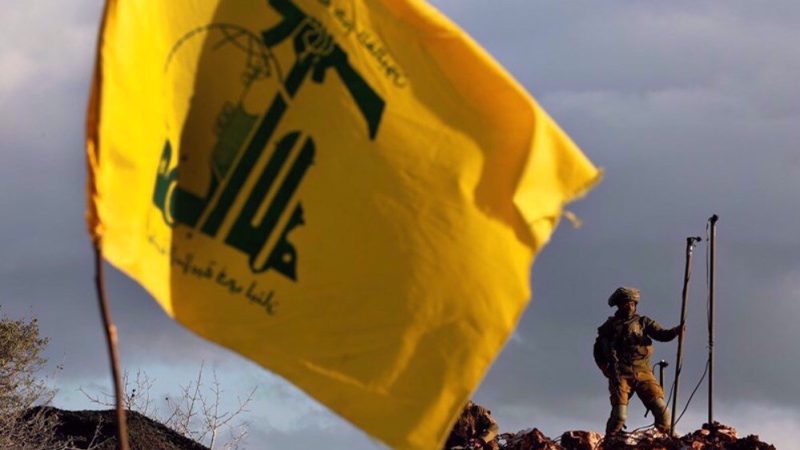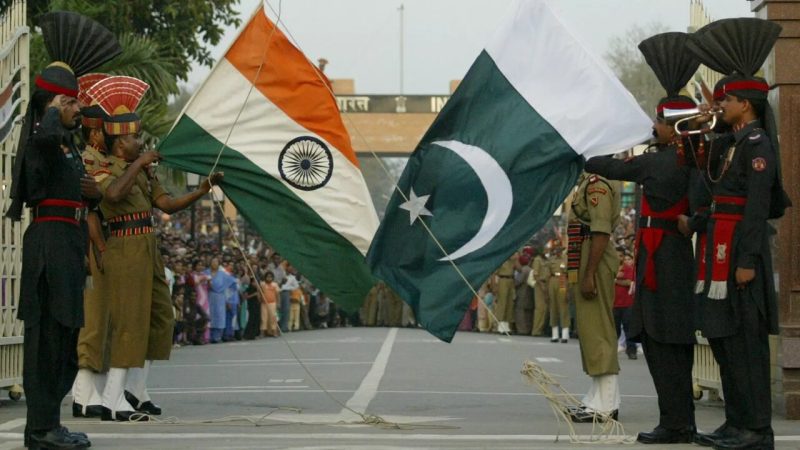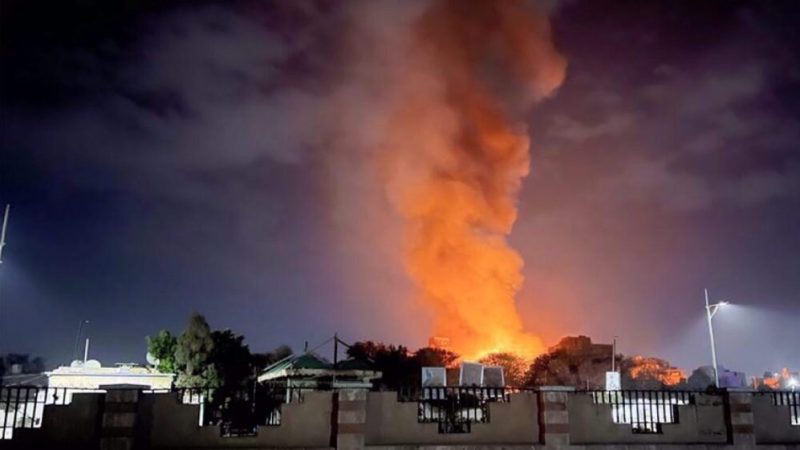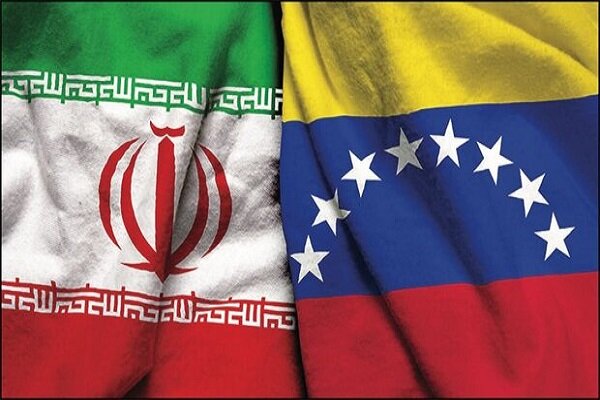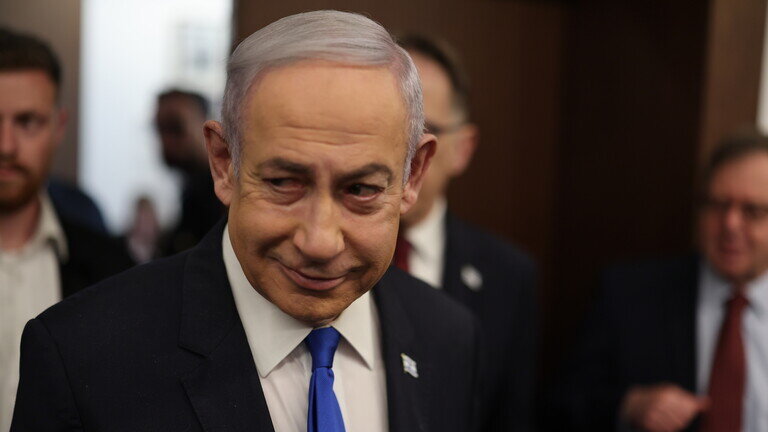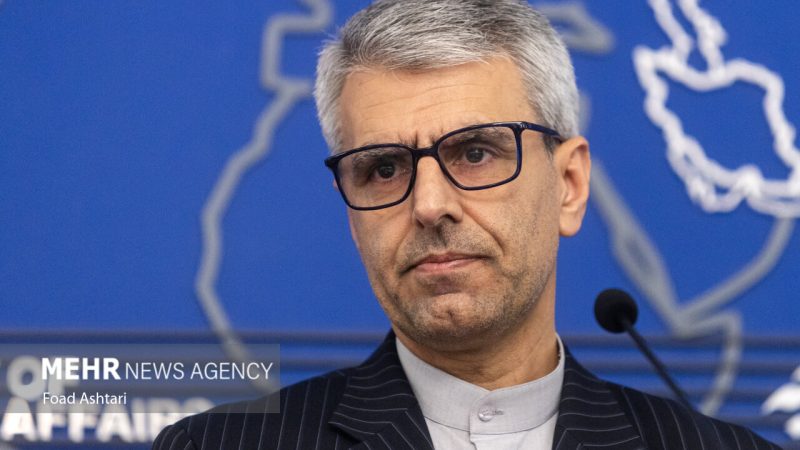Iran says removal of ‘unlawful’ sanctions 'main demand' in every negotiation
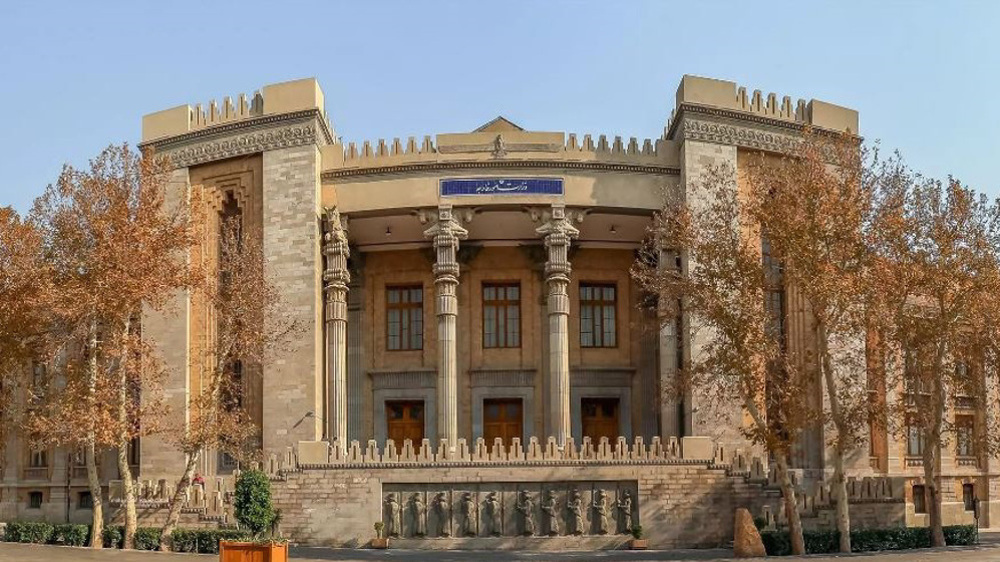
Iranian Foreign Ministry spokesman Esmaeil Baghaei says the termination of “unlawful and cruel” sanctions is the fundamental demand of the Islamic Republic in every negotiation.
Baghaei was speaking at his weekly press conference on Monday following two rounds of indirect talks between Iran and the United States on the nuclear issue.
“All sanctions imposed on the Islamic Republic of Iran are unjustifiable, unlawful and cruel. Therefore, we do not distinguish between the sanctions which have been imposed on us under different pretexts and titles,” he said.
He added that Iran pursues the removal of these sanctions in every negotiation as its fundamental demand just in a way that leads to tangible and completely effective outcomes.
He noted that Iran should be able to carry out its economic, trade and banking activities, stressing the need for necessary guarantees that the previous negative experience would not be repeated any more.
Baghaei reiterated that Iran must be assured that its indirect talks with the US would lead to endurable specific outcomes and that the opposite sides would seriously fulfill their commitments.
Iranian Foreign Minister Abbas Araghchi and Steve Witkoff, the US president’s special envoy for West Asia affairs, led two rounds of indirect talks about Iran’s nuclear program and the termination of US sanctions in the Omani capital of Muscat and the Italian capital, Rome, on April 12 and 19, respectively. The high-level talks mediated by Omani Foreign Minister Badr bin Hamad Al Busaidi.
Speaking at the end of the second round of talks on Saturday, Araghchi said Tehran and Washington had reached a “better understanding” on certain principles and goals.
Iran and the US agreed to open expert-level technical discussions in Oman on April 23. A third round of high-level indirect negotiations between Araghchi and Witkoff would kick off in Oman on April 26 to evaluate the results of the expert meetings and see how close they will be to an agreement.
The Iranian spokesperson hailed Oman’s professional role as the host and mediation of the talks between Tehran and Washington.
He said Oman had proposed that the second round of the negotiations should be held “in a place other than Muscat”, adding that the three parties agreed on the venue.
He also commended the Italian government for its positive cooperation.
In response to a question about Iran’s consultations with the signatories of the 2015 nuclear agreement, formally known as the Joint Comprehensive Plan of Action (JCPOA), Baghaei said, “China and Russia are two important members of the [United Nations] Security Council and Iran’s friends and have always been informed about relative trends.”
He noted that China and Russia have been informed about the Iran-US talks before their start, adding, “We even consulted with the three European members of the JCPOA (France, Germany and Italy) and we will continue to do so.”
The spokesman added that the UN Security Council Resolution 2231, which endorses the JCPOA, is still binding and consultations with the signatories to the nuclear deal must be held in any process.
During his first term in office, US President Donald Trump withdrew the United States from the JCPOA and launched a “maximum pressure” campaign against the country.
Trump restored that policy after returning to the White House for a second term in January, but he has since signaled a willingness to make a new deal to replace the JCPOA.
On March 12, Trump sent a letter to Iran’s leadership, asking for negotiations to reach a new deal.
Iran has ruled out direct negotiations with the US under pressure and threats, but said indirect talks remain an option.
Threat of triggering snapback mechanism ‘not constructive’
Baghaei warned Europeans that the threat of triggering the snapback mechanism is not constructive at all, saying they should make a decision whether they seek to play a role in the process of the sanctions removal.
“We have fully informed the European countries of the talks in good faith and we hope that they will also act in good faith,” the Iranian spokesman added.
He noted that the Iranian foreign minister is set to travel to Beijing on Tuesday on a pre-planned visit to hold talks with Chinese officials about Tehran-Washington negotiations and the implementation of bilateral agreements.
“As a permanent member of the Security Council and an influential country in previous negotiations, China has close and strategic relations with us and can play a constructive role in any process,” he said.
Iran well knows how to respond to threats
Asked about threats against Iran’s nuclear facilities, Baghaei said, “Iran is not supposed to change its policy regarding the threat of the use of force. We know very well how to respond to any threats.”
In response to claims about the US contradictory positions, he stressed the importance of practical measures and said Iran should not allow such issues to have any impact on it.
Israel’s continued crimes main problem in West Asia
The Iranian spokesperson said attacks on Yemen are against all international rights and regulations which aim to help the Israeli regime’s genocide in Gaza.
“The continued crimes of the Zionist regime in Gaza and its aggression against the regional countries are the problem in our region. These attacks against Yemen are nothing but complicity in the aggressions of the Zionist regime,” Baghaei added.
He said Iran strongly condemns the Israeli regime’s crimes and expresses regret that the United Nations and its Security Council as well as the so-called advocates of human rights keep silent in the face of such criminal acts.
Iran offers condolences on Pope’s death
Baghaei offered Iran’s condolences following the death of Pope Francis, head of the Catholic Church, who passed away on Monday at the age of 88.

